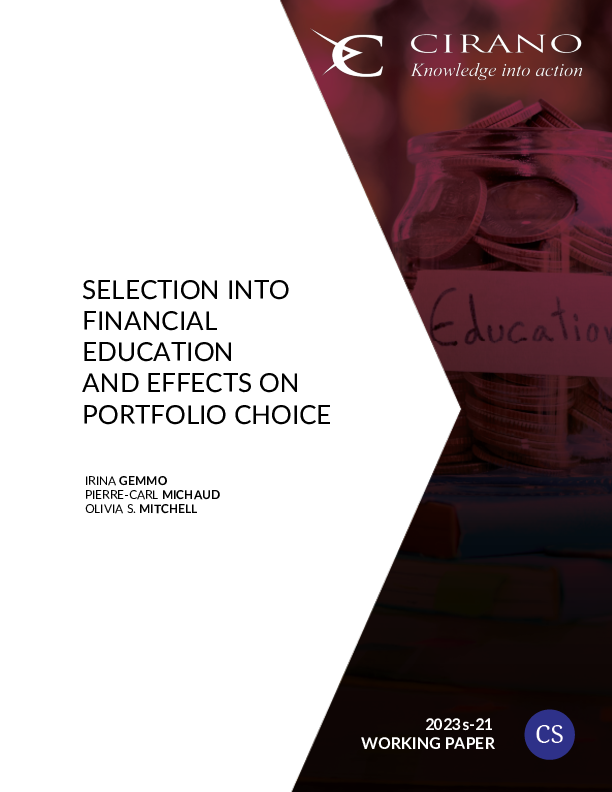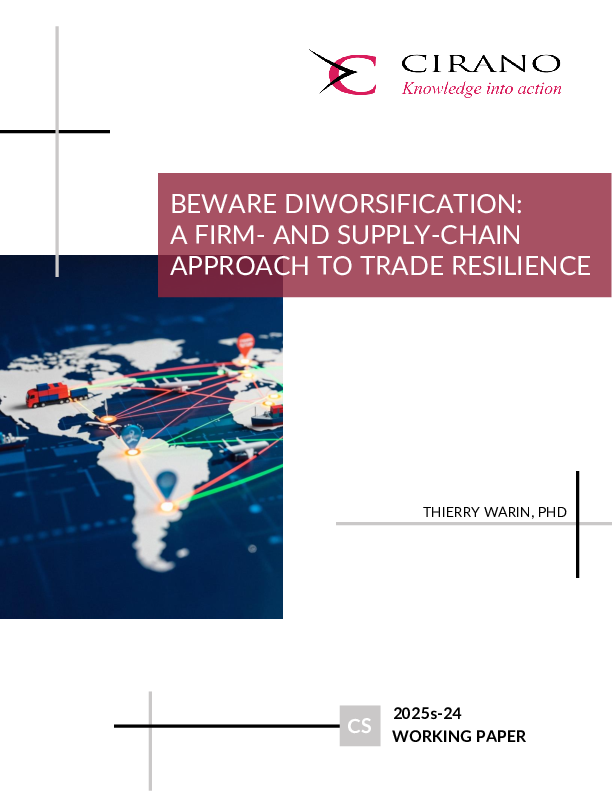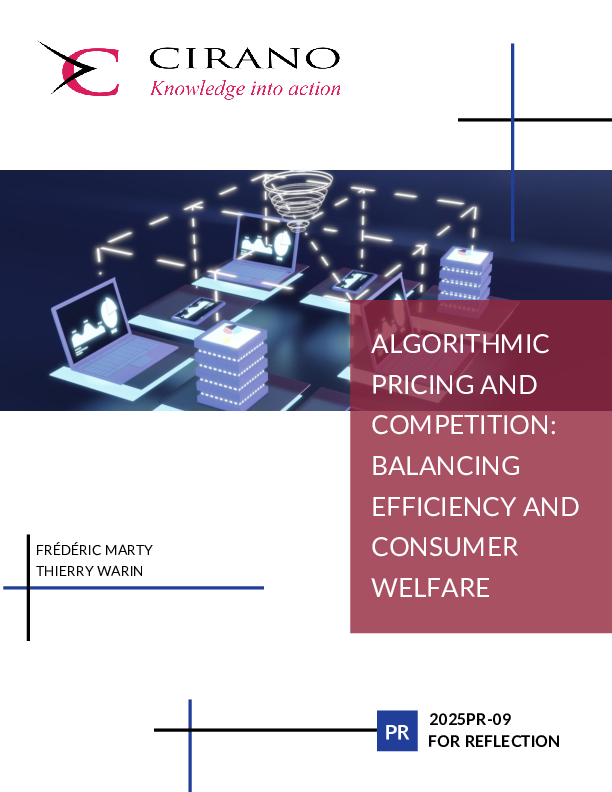Selection into Financial Education and Effects on Portfolio Choice
To examine how financial education affects financial outcomes, one must evaluate whether and how sample selection may bias inferences regarding program impacts. Our incentivized experiment reveals how such selection influences estimated financial education effects. The more financially literate and those expecting higher gains pay more to purchase education, while those who consider themselves very financially literate pay less. Using portfolio allocation tasks, we show that the financial education increases portfolio efficiency and welfare by almost 20 and 3 percentage points, respectively. In our setting, selection does not greatly influence estimated program effects, comparing those participating and those who do not.




